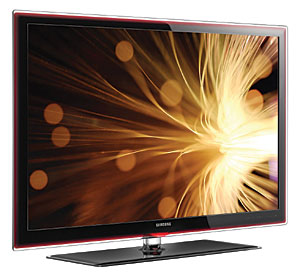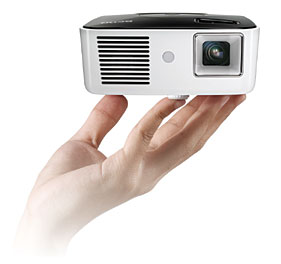LED Lighting Solutions
Inside the house LED technology isn’t yet providing effective lighting
solutions, mainly due to cost issues. In the US the C. Crane Company
recently launched the GeoBulb LED light bulb. While a lot can be said about its power consumption – 7.5 watts for the same amount of light as a 60 watt incandescent, or its whopping 10 years lifetime, it comes with a hefty price tag of $119. The energy efficiency and long life of LEDs do, however, make them excellent for external building lighting. A number of buildings have recently received external LED
lighting makeovers to cut power usage, including Buckingham Palace and the Marriott Custom House Tower in Boston.
LED TV vs OLED TV
Samsung has recently released their stunning LED TV range in SA. The LED tag might be a bit confusing, since the display itself is still basically LCD, with the backlighting provided by LED instead of the regular Cold-Cathode Fluorescent Lamps. This makes the TV more compact and does a lot for the contrast ratio. The next step? Organic LED, or OLED. OLED displays do not require a backlight at all and are expected to trounce LCD display technology on just about every level – viewing angle, brightness, gamut, colour reproduction and contrast ratio. But it’s not quite here yet. At this stage the organic material inside OLEDs tend to degrade the product faster than LCD and LEDs.

LED and the Mini Projector Boom
There have been some good developments in the projector field recently. Gone are the boring boardroom behemoths, making way for a new range of more compact and much smaller mini projectors. LED technology played an important part in the development of these little beauties. Thanks to their low power usage and almost non-existent heat output, designers did not have to struggle with a big power supply and powerful fans. Currently the available LED models can project in the 100–200 lumens range, which does not seem a lot against the 2000 lumens achieved by the older lamp technologies such as Xenon and UHP. But these lamps have a limited life span (about 1/10th of LED) and the price of replacing them was just ridiculous. The Acer K10 we reviewed earlier this month runs on LED technology.
